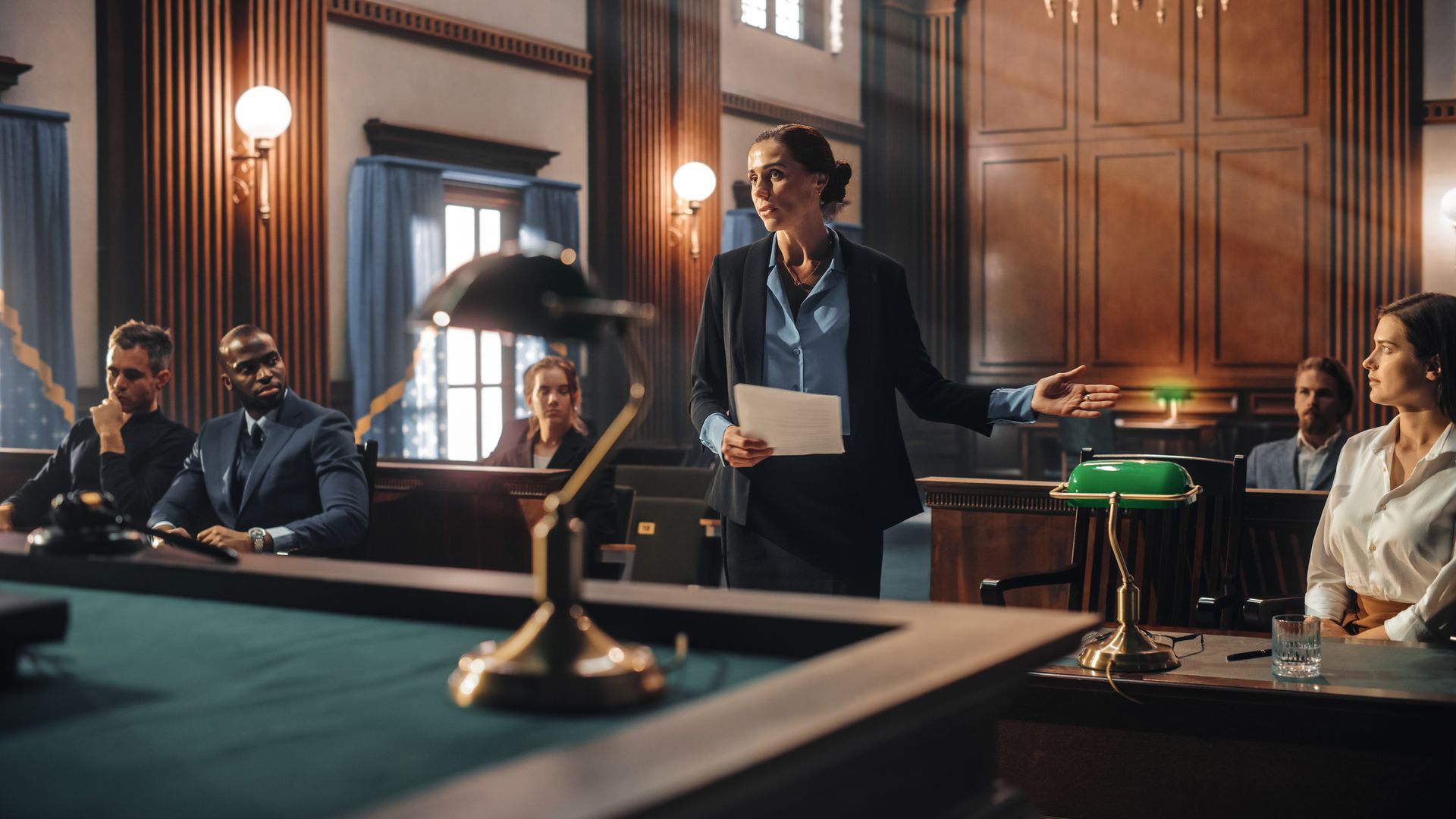Weekend Appointments Available
Returning Calls 7 Days A Week
Get The Help You Need
Call Us Today!
Weekend Appointments Available
Returning Calls 7 Days A Week
Location: 17 S. Barstow St. Eau Claire, WI 54702
Get The Help You Need
Call Us Today!

Under ordinary circumstances, police officers must have a warrant to search someone’s home. However, exceptions to this warrant requirement sometimes apply. When police officers engage in unlawful searches, and find evidence of a crime, an accused individual can file a motion to suppress any evidence obtained.
The attorneys at Cohen Law Offices can determine if you were subject to an unlawful search. If so, we can file the necessary motions and pursue a dismissal of your pending criminal charge. To find out more about how we can help defend you, please call Cohen Law Offices today at (715) 514-5051 or contact us online.
The Necessity of a Search Warrant
In most circumstances, a warrant is necessary for police officers and other investigators to search someone’s home. To obtain a warrant, the police must have probable cause to believe that evidence of a crime will be found in the area searched. However, in certain circumstances, a search warrant is not required for a home search. Those circumstances include:
· The property owner provides informed consent for the search
· The police officer or investigator performs the search incident to arrest
· The police officer is in “hot pursuit” of a fleeing felon
· Unusual and time-sensitive exigent circumstances exist, and there is no time to obtain a formal search warrant
If a police officer has probable cause and one or more warrant exceptions apply, the officer can perform a limited search someone’s home without a warrant.
Potential Suppression of Evidence Obtained
When police officers search a home without the necessary probable cause, search warrant, or search warrant exception, they violate an individuals Fourth Amendment rights under the United States Constitution. This provision protects individuals against unlawful and invasive searches and seizures. If a police officer uncovers incriminating evidence during an unlawful home search, that evidence may be subject to suppression.
A criminal defense lawyer can file a Motion to Suppress certain evidence with the Court. If the Court grants the motion, a judge or jury cannot consider the evidence at trial. In some instances, the Motion to Suppress may prevent the state prosecutor from proving one or more legal elements of their case, resulting in a case dismissal.
Talk to a Knowledgeable Criminal Defense Lawyer Today About Your Legal Matter
If you are currently pending a criminal drug charge, it is essential that you retain legal counsel right away. In addition to protecting your legal rights while your case is pending, our legal team can determine if the police committed an unlawful search and, if so, can file the necessary motion with the court. We can also represent you in Court and zealously advocate on your behalf during a hearing or trial proceeding.
For a free case evaluation and consultation with an experienced criminal defense lawyer, please call Cohen Law Offices today at (715) 514-5051 or contact us online.







To start your resolution, call us today
We will get back to you as soon as possible.
Please try again later.
GET THE HELP YOU NEED, CALL US TODAY
At Cohen Law Office, we offer free initial consultations to discuss your case further and find the right solution for you. Our team provides the best representation to each client we work with and present the strongest possible defense. Give us a call today to start your resolution in your criminal defense case.

Weekend Appointments Available
Returning Calls 7 Days A Week



